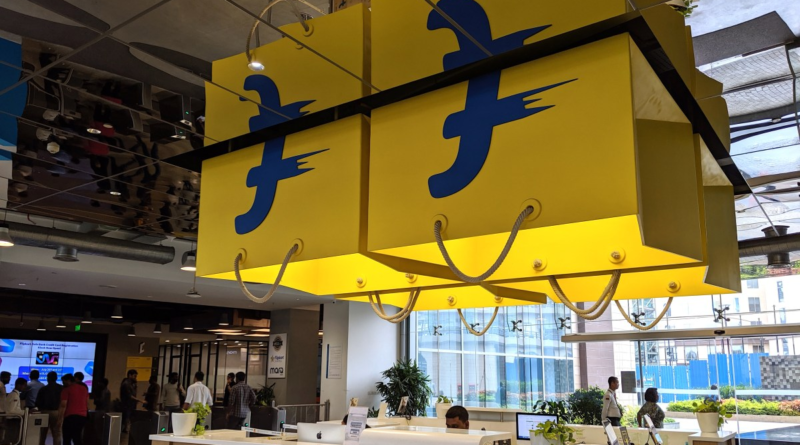Flipkart has weighed acquiring Reliance-backed instant delivery startup Dunzo
Indian e-commerce giant Flipkart has held discussions in recent weeks about potentially acquiring Dunzo, the hyperlocal delivery startup backed by Reliance Retail, three sources familiar with the matter told TechCrunch. However, complexities surrounding Dunzo’s ownership structure have made it difficult for the two parties to reach an acquisition deal, according to two sources familiar with the talks.
The previously unreported talks are still ongoing, all three sources said. The acquisition talks follow a turbulent year at Dunzo, which has been struggling to raise cash and make staff payroll. Dunzo, which has raised about $500 million to date, has ceded much of the hyperlocal delivery market to upstarts Zepto, Swiggy and Zomato’s BlinkIt in recent quarters.
The deal has yet to materialize as at least two players scramble to iron out the terms. Flipkart, owned by Walmart, is skeptical about precisely what it would be able to take over if it were to acquire Dunzo, which has several IP relationships with Reliance Retail, India’s largest retail chain. Reliance Retail, the largest investor in Dunzo, has also not approved the deal.
Flipkart leads the Indian e-commerce market and is valued at over $32 billion. It sees value in certain assets of Dunzo’s, including the younger Bengaluru-headquartered firm’s business-to-business offerings.
In a statement, Dunzo refuted the report, terming it “hearsay.” The spokesperson added: “We are on path to free cash flow break even in the month of March’24 and we have not had any conversation with any player for an acquisition of the business.” In the last three years, Dunzo has held talks with multiple companies for an acquisition, including Tata and Zomato, according to more than a dozen people familiar with the matter.
The talks between Flipkart and Dunzo underscore the declining prospects for instant delivery companies. These businesses have been around for years, but hype around their model reached a peak during the initial years of the COVID-19 pandemic; as people stayed at home, they turned to companies like Gopuff, Getir and Dunzo for superfast (“instant”) delivery of an increasing array of everyday goods.
Dunzo — founded in 2014 — was, in fact, one of the earliest startups to explore this model. Backed also by the likes of Google, Blume Ventures and Lightbox, it had ambitions to upend the country’s e-commerce sector with its half-an-hour deliveries to shoppers.
While it also played in the B2B space, as global interest in the instant grocery delivery model surged, Dunzo shifted its attention back to hyperlocal services, pouring over $100 million to set up dark stores across many Indian cities.
But fast-forward a couple of years, shoppers have returned to a lot of their pre-pandemic buying habits, including shopping more in person themselves. Amid a drop in demand, a number of instant delivery businesses have struggled to find strong unit economics around their models across all markets.
Dunzo had reportedly been looking to raise $50 million in 2023, although it’s not clear if that round ever fully completed. Financial services startup PhonePe, which separated from Flipkart in late 2022, also explored an investment in Dunzo, Indian daily Economic Times reported in December. PhonePe last year entered the e-commerce category with the launch of an app called Pincode.
“In India, Flipkart’s growth continues to compound in the double digits, while PhonePe is now processing more than 6 billion monthly transactions and has reached 1.4 trillion in annual total payment volume, about 40% higher than 1 year ago,” John David Rainey, executive VP and CFO of Walmart said Tuesday on the company’s earnings call.
Flipkart didn’t immediately respond to a request for comment Tuesday evening.



